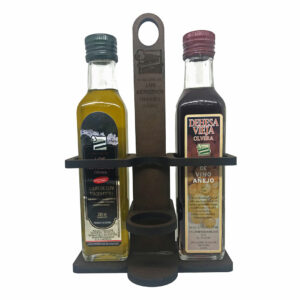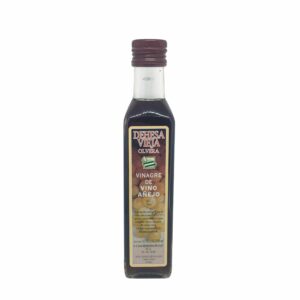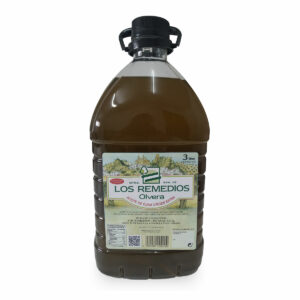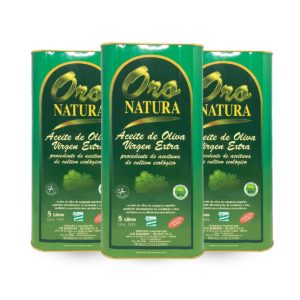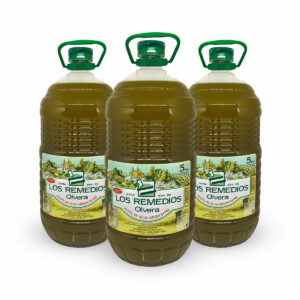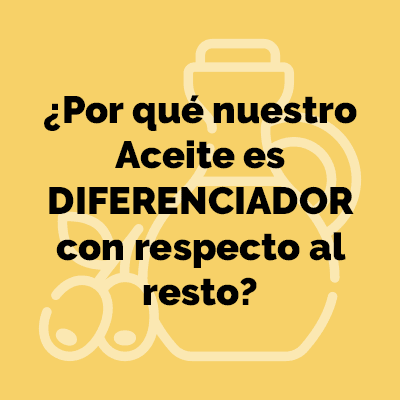PREPARATORY WORK BEGINS FOR THE NEXT CAMPAIGN
Once the olive harvest is finished, the preparatory work for the next campaign begins.; floor, herbicides, phytosanitary treatments and the subscriber.
Subscribing is a practice with which it is intended to restore to the olive tree the nutritional elements used to:
Ø Produce harvest
Ø Growth of vegetative organs (estate, sprouts, leaves)
Ø Growth and maintenance of old vegetative organs (trunk and branches)
The soil cannot supply the necessary elements for these tasks in the right time and that is why the farmer must provide them in the form of compost. To make these contributions it is necessary to know the extractions of the olive tree per ton of fruit produced and the extractions by growth of the vegetative organs, as well as the consumption of spontaneous vegetation.
The basis of the fertilization of any vegetable is made up of Nitrogen, Phosphorus and Potassium. These three elements are what plants need in large quantities, but there are also others that the plant needs in small quantities, although not for that reason its importance is less (boro, magnesium, manganese, sulfur, football, iron, copper and zinc).
Nitrogen, which is the most widely distributed element, it is very dynamic, dissolves and washes away if rainfall is very heavy, it evaporates if it doesn't rain, is mineralized from organic matter, is fixed by bacteria in the soil, etc.
The other elements: phosphorus and potassium, present the problem of being part of the soil structure, so even though they are present in apparently normal amounts, they are not assimilable by the plant. That is why we must contribute them every year, especially in very limestone soils, how are ours mostly.
For these and other considerations it is always better to pay with complexes, or in the case of applying urea, make foliar contributions of potassium.
The distribution of the fertilizers must be distributed during all the months of vegetative development (March to October) taking into account that from March to May the maximum needs are for nitrogen and from June they are for potassium.
Foliar application, in rainfed and years of low rainfall, you have to have it as an effective alternative.
Finally, we must distinguish between foliar fertilizers, that have an important richness in macroelements (nitrogen, phosphorus and potassium) and other nutrients, like Abofol or Fertafol, and biostimulants, like the Isabión and the Siapton, whose mission is to activate internal mechanisms of the olive tree to use its reserves, recovering the plant from stressful situations caused by drought, frost, diseases, etc. and improve the absorption of other nutritional elements.

